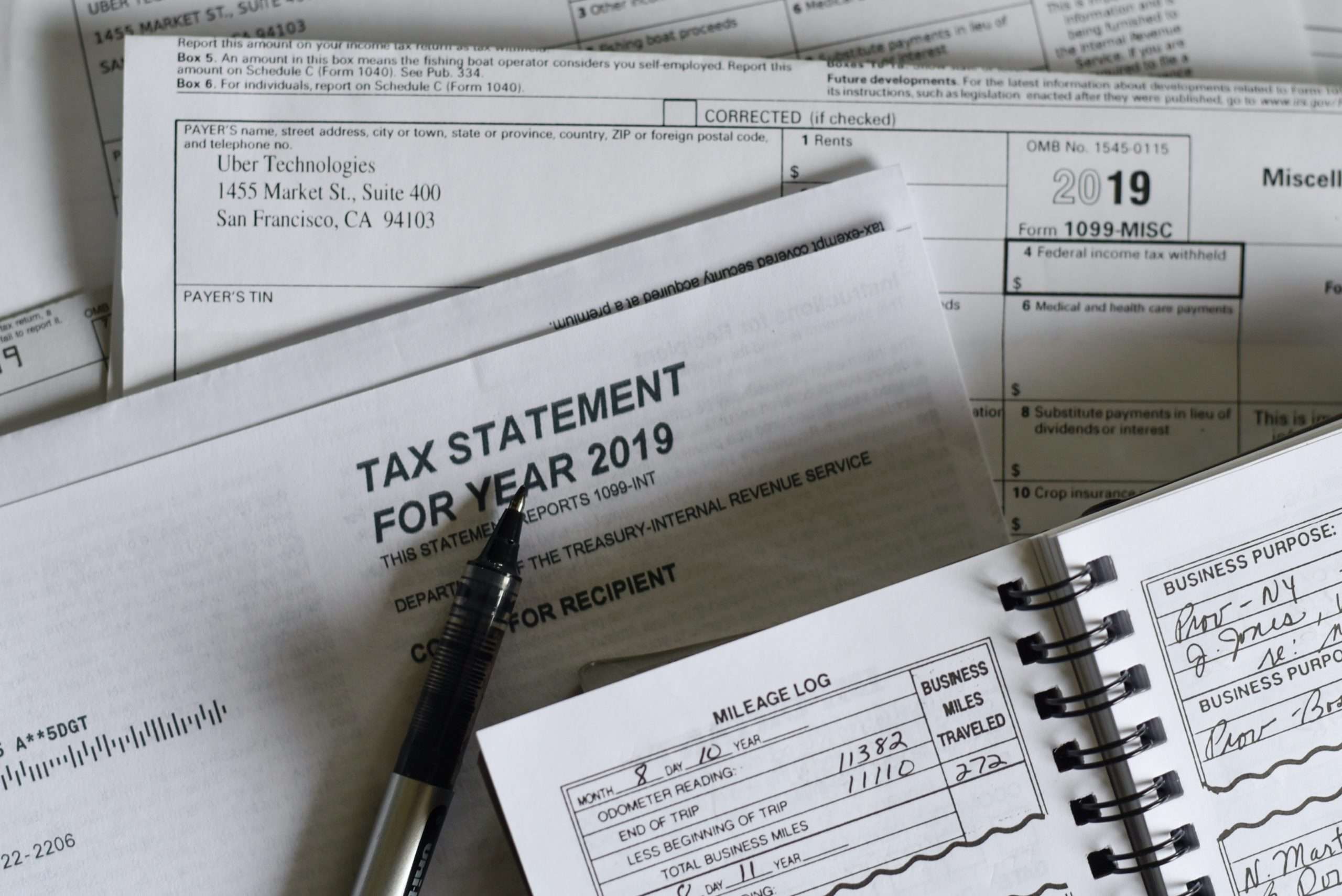
Tenaga Nasional Bhd received it, so did Magnum Bhd
received it, so did Magnum Bhd and AEON Credit Service (M) Bhd
and AEON Credit Service (M) Bhd . UEM Sunrise Bhd
. UEM Sunrise Bhd too was given one, while its sister company, UEM Edgenta Bhd
too was given one, while its sister company, UEM Edgenta Bhd , could not escape either.
, could not escape either.
Maxis Bhd , S P Setia Bhd, MK Land Holdings Bhd
, S P Setia Bhd, MK Land Holdings Bhd and Ecofirst Consolidated Bhd
and Ecofirst Consolidated Bhd were also not spared as they too were in the news for the same matter.
were also not spared as they too were in the news for the same matter.
Of course, in all these listed companies, they were at one time or another, audited by the taxman. As a result, disputes had arisen on the quantum of taxes due and the treatment of certain types of income and/or gains. Penalties were then imposed by the tax authorities.
With the government trying hard to generate as much tax revenue as possible, especially during these trying times, corporations need to ensure that they do have a clean bill of health when it comes to tax liabilities and application of the relevant laws.
As we know, tax avoidance is perfectly acceptable, driven by cleverly structured tax policies, which are all within the ambit of the law. However, tax evasion is an entirely different thing and companies can run into trouble with the Inland Revenue Board for it.
When listed companies are faced with high tax demand notices and this becomes public knowledge via announcements to Bursa Malaysia, stakeholders must have comfort that the tax function in the companies is managed well and professionally.
Tax governance is now an area of greater importance. In fact, Dr. Veerinderjeet Singh, the president of the Malaysian Institute of Accountants and the Malaysian Institute of Certified Public Accountants, is a strong proponent of this matter with the regulatory authorities and has spoken extensively at various public forums on issues related to tax governance.
15% global tax rate is a game-changer
One of the ways for a corporation to improve its tax governance is for all board of directors and/or audit committees to have an oversight over tax policies that are being adopted by entities. This is also in line with the various tax developments that are taking place internationally where there is demand for greater tax governance.
As it is, two weeks ago, the G7 finance ministers adopted a uniform taxation system globally with at least a 15% tax rate. With this, although in Malaysia’s case the corporate tax rate is well above the rate, there could be cases whereby some of the Malaysian companies may have subsidiary companies that are domiciled in countries with a lower statutory rate or tax havens, and hence the demand for greater transparency among corporations is timely when it comes to tax matters.
Since 2015, even the Organisation for Economic Co-operation and Development (OECD) has initiated a project called Base Erosion and Profit Shifting (BEPS), which is meant to address issues related to tax evasion and tax avoidance strategies that exploit gaps and mismatches in tax rules in different countries to avoid paying tax.
This is particularly so among multinational corporations where they are located in multiple jurisdictions where tax laws applied in one country would be different than another.
According to the OECD, BEPS practices cost countries US$100bil-US$240bil (RM414.45bil-RM994.68bil) in lost tax revenue annually, which is equivalent to 4%-10% of the global corporate income tax revenue.
The level of awareness among countries on this issue is rising and so far, over 139 countries and jurisdictions are implementing 15 actions to tackle tax avoidance, improve the coherence of international tax rules and ensure a more transparent tax environment.
Taxes are also part of governance
For Malaysia, the regulators have recently updated the Malaysian Code of Corporate Governance (MCCG) 2021, and one of the newly introduced practice is on sustainability and, of course, this is also in line with the environment, social and governance (ESG) framework that both the Securities Commission and Bursa Malaysia are increasingly focusing on for corporations to adopt.
In fact, this is also in line with Bursa Malaysia’s own incentive of encouraging more companies to meet its strict criteria for inclusion into the FTSE4Good Index, which is now widely recognised as a benchmark index for ESG practices.
However, one of the aspects of governance in ESG is related to tax transparency. Hence, the boards or audit committees too need to adopt an oversight when it comes to tax matters and to ensure that corporations are well within the ambit of the law when it comes to tax policies.
In addition, Malaysia is a signatory to the 2030 Agenda for Sustainable Development, which has 17 Sustainable Development Goals (SDG) and among others includes the capacity for tax and other revenue collection. What better way to show that Malaysia means business when it comes to SDG issues by having our corporations take tax matters more seriously and hence greater scrutiny of it.
While board and audit committees can play an effective oversight role when it comes to tax matters and policies, it is also perhaps time to take tax governance more seriously by not only adopting them into a separate practice in future MCCG updates but also by introducing legislative measures that could make tax matters related to aggressive tax policies, which are not tied to commerciality, being treated as criminal offences.
On disclosures, Bursa Malaysia could also introduce a tax compliance and risk statement under the integrated reporting framework to make boards and audit committees more aware of issues related to taxes and policies that are adopted.
Hopefully, with the changing global environment when it comes to taxes, Malaysia too is ready to adopt these sweeping changes to ensure we remain in compliance with the relevant laws and practice of good governance.
While the taxman may still call upon some companies, it is hoped such incidences are minimised so as to not create shocks to shareholders and other stakeholders. But that could only happen when companies have a robust tax risk policy and effective governance in place.
Pankaj C. Kumar is a long-time investment analyst. The views expressed here are his own.
The article was first published here.
Photo by Olga DeLawrence on Unsplash.

 3.0
3.0 





















